From the Kirkton ‘riots’ to tackling drug deaths, Street Soccer Scotland founder David Duke tells Michael Alexander why he wants to expand the charity’s Dundee presence to help create opportunities, structure and hope.
David Duke MBE knows all about the destruction of self-confidence, self-esteem and self-worth.
Growing up in poverty in Glasgow Govan, his dad had problems with alcohol that forced him to quit school early and become an adult far sooner than he should have.
After his father’s death, David found himself homeless on the streets of Glasgow aged 20.
Being homeless was not something he planned for, and very quickly he found himself just “existing” with no support network.
He spent nights wherever he could – sometimes in a close. The mainstream hostel system was “horrible”.
He was lucky to find more stability after getting into young person’s supported accommodation run by the charity Quarriers.
Turning point
However, a turning point came when he found football.
He ended up playing for Scotland at the Homeless World Cup, reaching the semi-finals.
When he returned, he had a new sense of purpose, structure and self-belief.
Having left school at 13 with no qualifications, and inspired by his “mentor and role model” Ally Dawson, who died last year, he got into football coaching, went to college and trained as a community worker.
Employed full-time as a support worker with The Big Issue, he started working as a youth worker in the evenings, and started volunteer coaching with the Scotland squad for the Homeless World Cup – a trophy won by Scotland in 2007 when they beat Poland 9-3 in the final in Copenhagen.
But through his lived experiences and inspired by the structure that football training brought to his life, he realised he wanted to scale this up into something that operated in local areas all year round.
Inspired to do more
That pushed him towards the creation of Street Soccer Scotland.
“Street Soccer Scotland is a charity that was set up by myself in 2009 with the sole purpose of improving the wellbeing of people who are disconnected from society due to different situations that have happened in their lives or lack of opportunity,” explains David, 42, in an interview with The Courier.
“We work a lot with homelessness and mental health, addictions and so on and criminal justice.
“Street Soccer was always about creating a space where people who are disconnected or cut off or isolated can come along, feel they are part of something positive, and then get involved in the football and doing things for their health and wellbeing.
“We also put support around the football pitch in terms of working in partnership with other organisations, so that if somebody needs support, it’s a lot easier to get.
“By encouraging people along to the football pitch, that allows them to build their confidence and self-esteem back up and at the same time access opportunities with other organisations we work with.”
Scotland-wide network
Today, Street Soccer Scotland works across Aberdeen, Dundee, Edinburgh and Glasgow “using the power of football to inspire people to change their lives”.
It began with regular football programmes for men and women to get involved.
It’s since expanded into everything from youth work to education, training and employability programmes.
Street Soccer Dundee was established in 2010 and it has ambitions to expand.
“A year or two after we founded, we started doing programmes in Dundee in partnership with the likes of Leisure and Culture Dundee and stuff like that,” he says.
“Over the years it’s grown and grown in terms of the offer.
“We started off doing drop in sessions for young people and adults, and that led to the education programme and so on.
“But then a few years back we were presented with an opportunity to take over the lease of the former Lynch Centre. It needed a lot of work but we managed to source investment to allow us to bring it back to life.
“Today The Change Centre (on South Road) has got a purpose built indoor football pitch, multi-games hall, education suites, hot-desking, training rooms, and we’ve got a sensory room as well. It’s a real community hub.
“It’s been designed almost like a living room. Some people maybe struggle a little bit and spend a lot of time on their own.
“Even if they don’t like football or sport they can come in and have a cup of tea and a chat and access some of the additional services that the centre offers.”
Does Dundee have specific issues?
David is aware of some of the unenviable statistics that have labelled Dundee over the years including the highest drugs death rates in Europe, high child poverty levels and high teenage pregnancy rates.
The issues are not unique to Dundee. The challenges are “pretty generic” across Scotland’s cities and beyond, he says.
However, David does think that with Dundee being out-with Scotland’s central belt, it “probably misses out on a lot of opportunity and investment”.
It’s for that reason that Street Soccer Scotland is keen to grow its presence in Dundee.
The locally-based staff all understand the community and the challenges it faces.
But the scale of the challenge is an even bigger driver to do more. He wants to increase engagement at The Change Centre and start to create “satellite” centres across the city.
“You want to bring first class opportunities to Dundee, and that’s what we are trying to do,” he adds.
“I think there’s a collective desire for change. It just has to be all joined-up.
“We just need to keep working away at it. You can’t give up.
“See the stuff that happened in Kirkton recently (with the Halloween ‘riots)?
“Let’s go out there and speak to the young people or whoever it was.
“The reaction from the people who are decision makers shouldn’t be to condemn, it should be too understand and look for solutions.
“Even with the work we do – people see things like addiction, homelessness and they prejudge.
“They see them in their current state but they don’t see the trauma and the pain that went on before that.
“There are always reasons why things are happening, and we need to make sure we are sorting that. We need to understand why things are happening.”
‘Real buzz’ in Dundee
David describes Dundee as a “brilliant place”. There’s a “real buzz” and the “people are amazing”.
He describes the Street Soccer team there as “fantastic and passionate”.
Through many of their own lived experiences, they know what it takes to make a difference in their communities.
Moving around the country between centres, he’s in a privileged position to hear about positive steps forward.
That could be someone reconnecting with family, overcoming addiction, or even getting a driving licence or job.
There are also occasions when things don’t work out. Street Soccer Scotland sees itself, not so much as a safety net, but as a “trampoline” – to help people bounce back.
However, looking at the bigger picture, he does worry about the state of the post-Covid-19 economy and the impact this is already having.
In Glasgow, for example, a number of community centres are threatened with closure at the very time when more spaces than ever are needed for young people, children and adults to come together and connect.
“I’d be lying if I said I wasn’t concerned – I think everyone is,” he says.
“From an organisation perspective, we’re already starting to see changes in the kind of funding that’s normally available starting to get tighter.
“Not just the cost of living but the impact of the last three years whether it’s what’s happening in Westminister, Covid, war in Ukraine, so there’s a lot of things starting to become a wee bit uncertain.
“My worry is there’s been a cost of living crisis for a big chunk of the population for a long time.
“But now it’s starting to affect everyone, that’s when it starts to get spoken about.
“For a long time children have been living in poverty.
“For a long time people have not been able to afford to put a meal in their belly.
“Because it’s starting to effect all classes we are starting to talk about it.
“My main worry is it’s going to get worse. In this day and age no child should go to bed hungry.”
STV Children’s Appeal
David was delighted that Street Soccer Scotland recently hosted the STV Children’s Appeal tele-fundraiser in Dundee.
It was hosted by TV presenter Lorraine Kelly and Still Game icon Sanjeev Kohli.
The charity has a long and enduring relationship with the appeal, having benefited from a number of grants over the years.
It was because of this affiliation, as well as Lorraine’s love for her adopted home city, that STV decided to film its annual tele-fundraiser there.
As well as raising money during these increasingly tough times, it was about raising the profile as they strive to continue making a real difference on the ground.
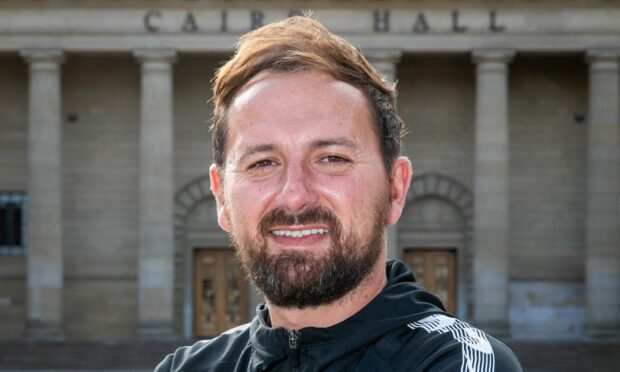

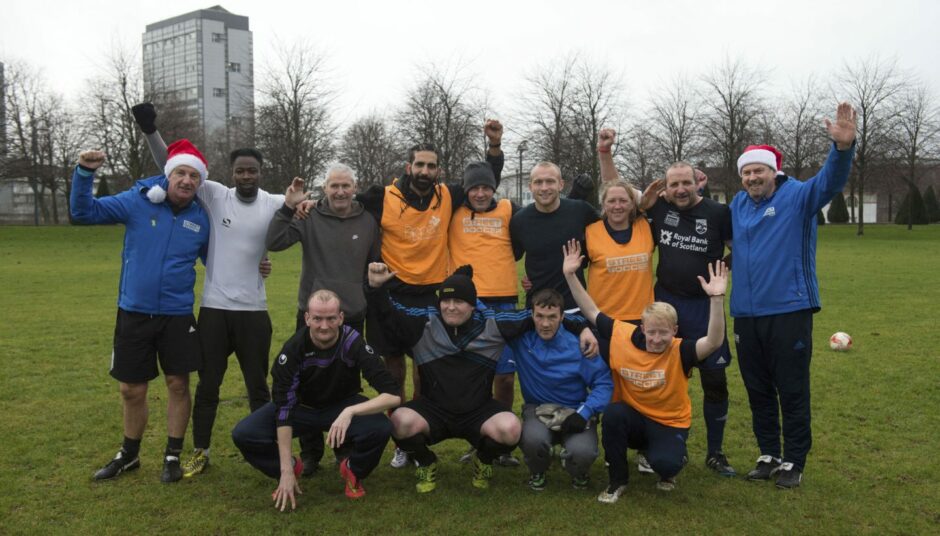
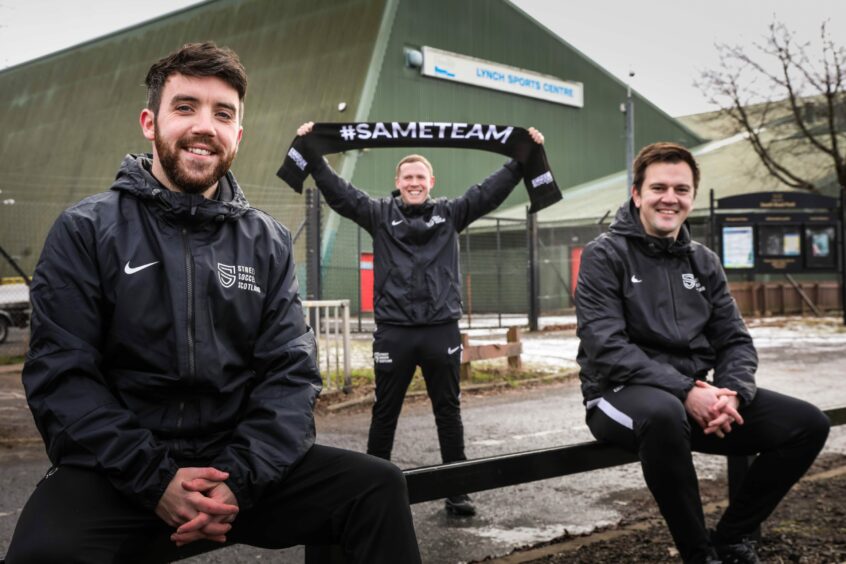
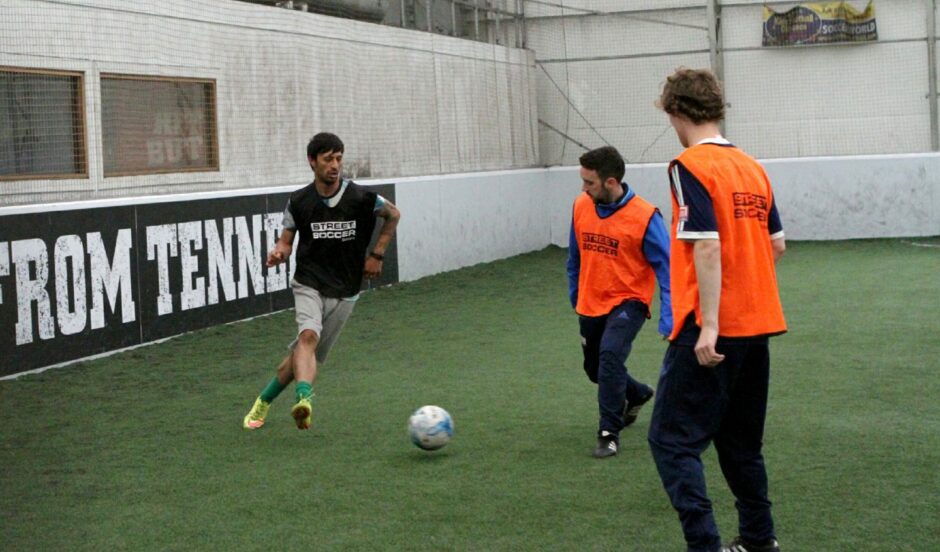
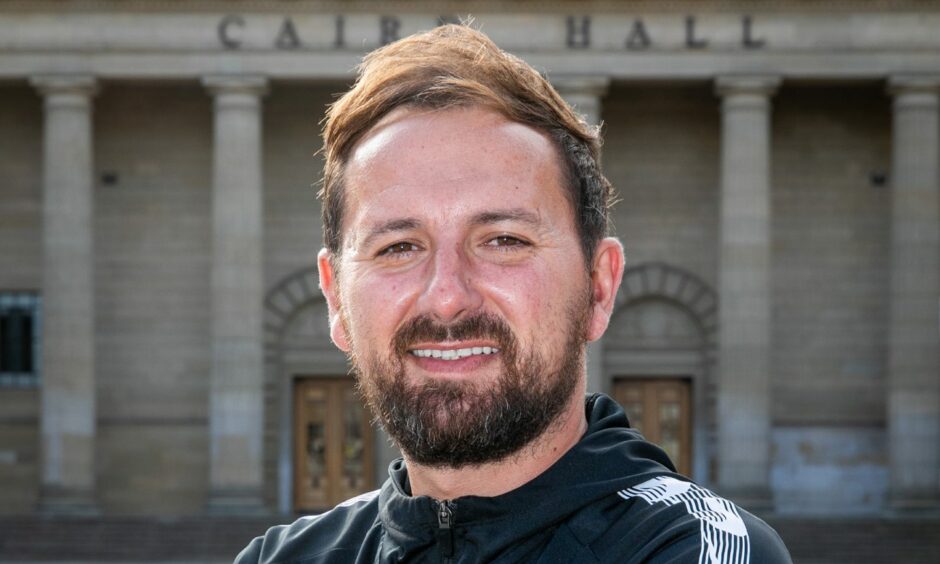
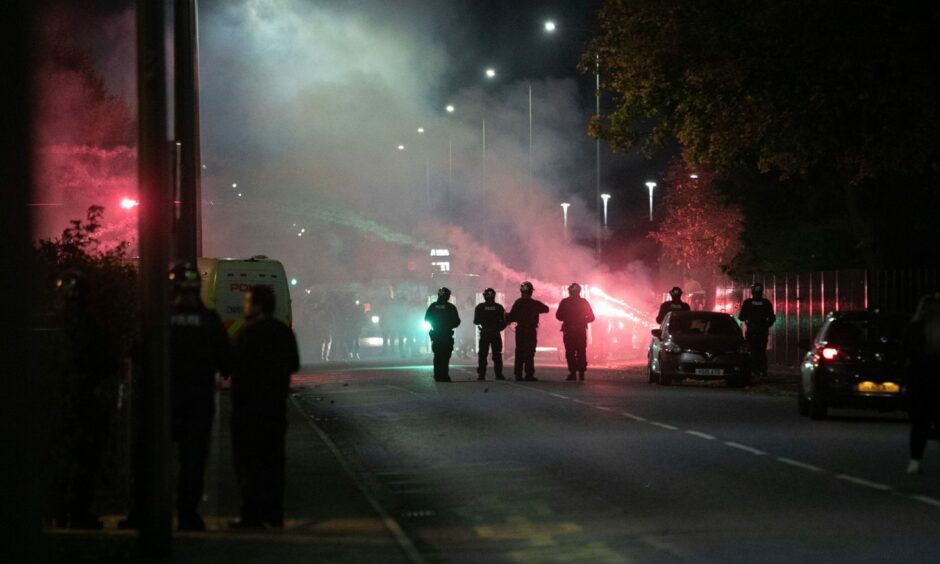
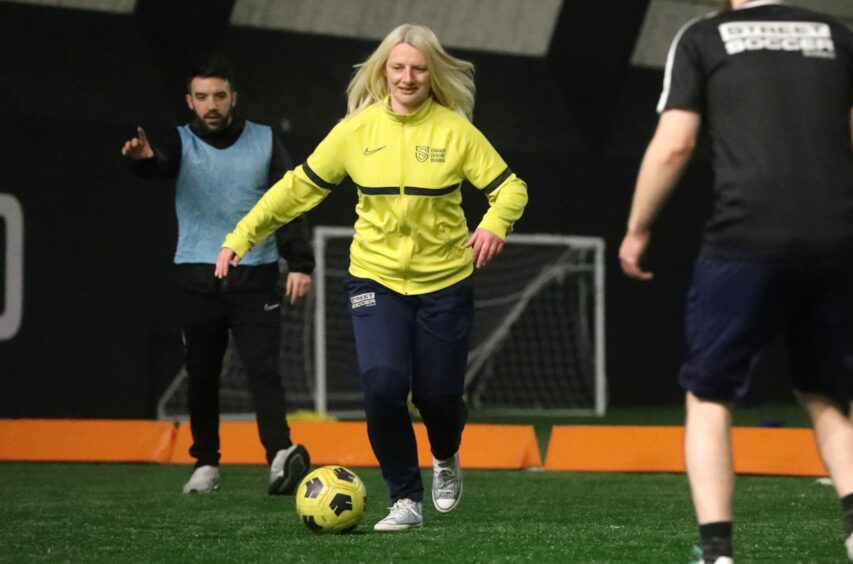
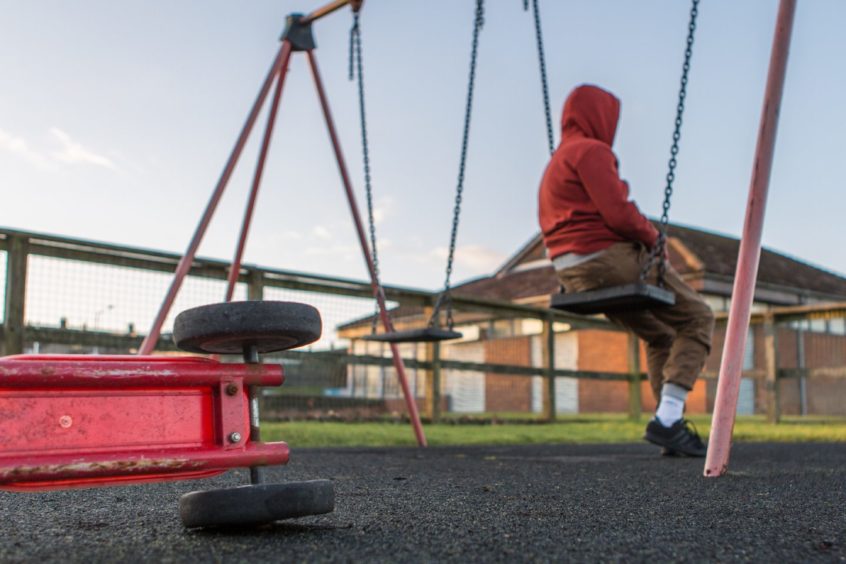
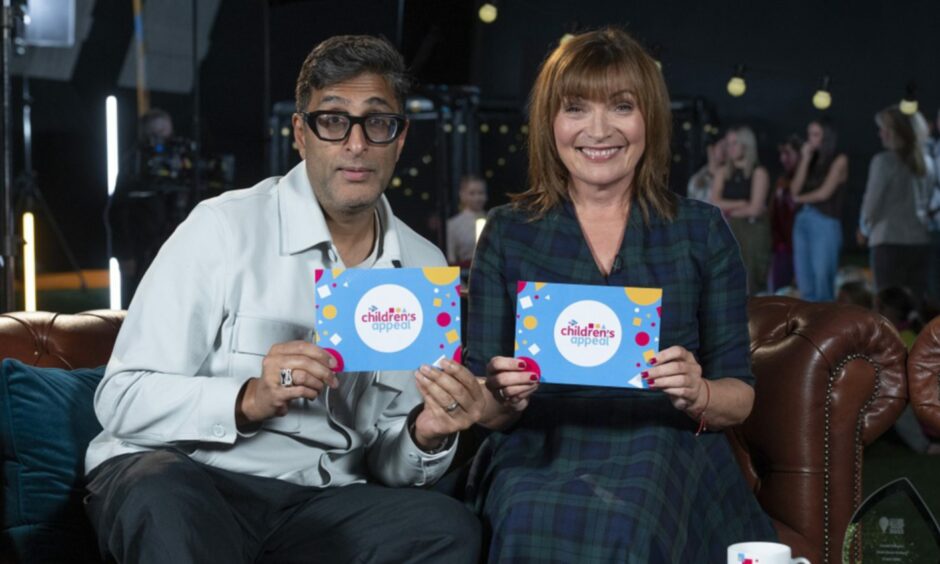
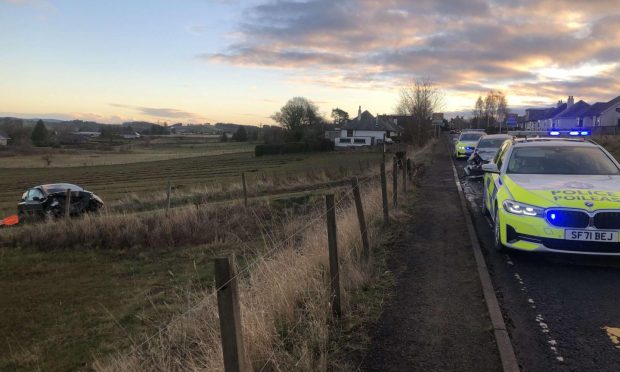
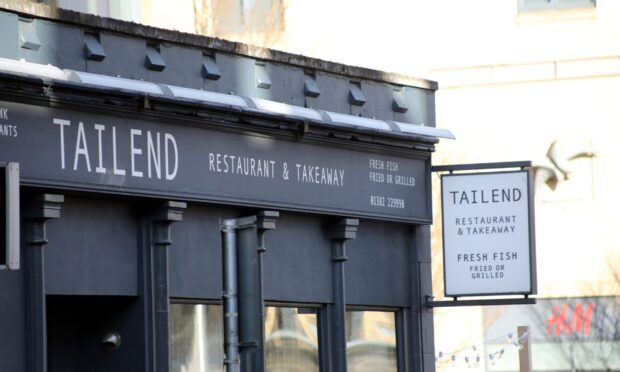
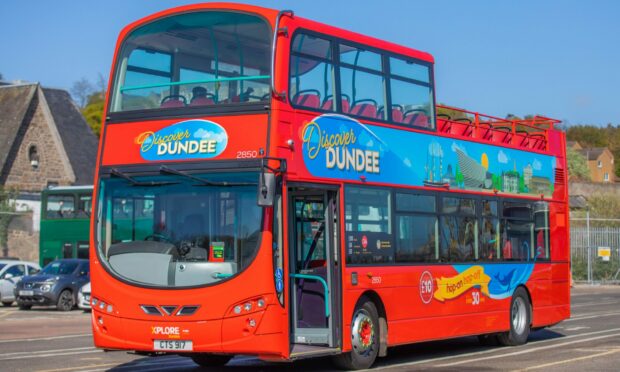
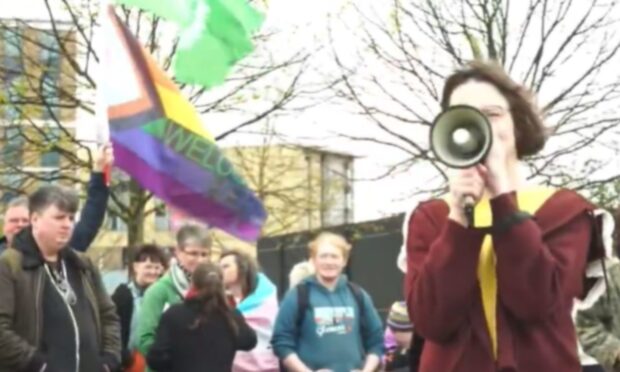
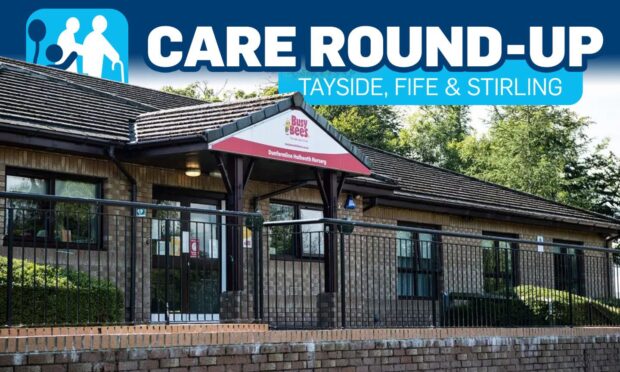
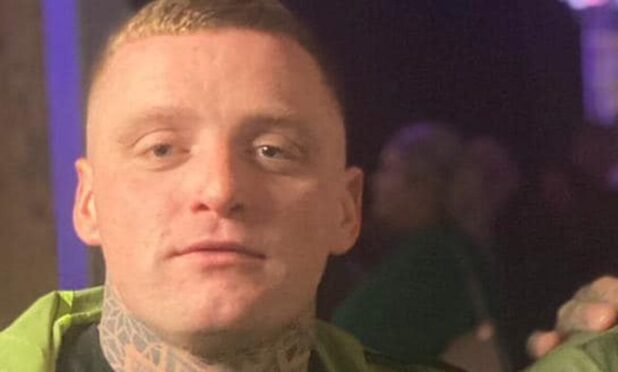
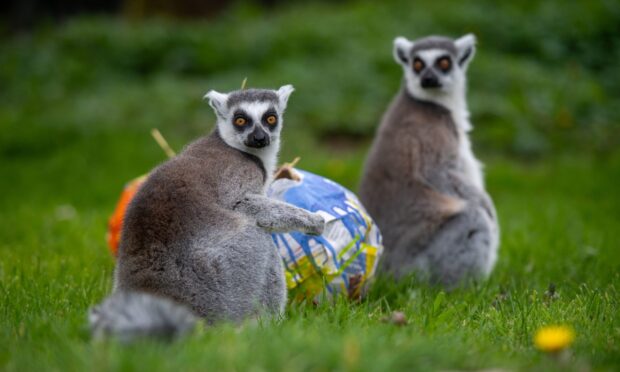
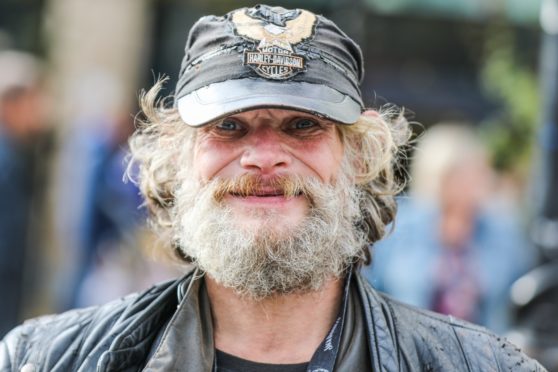
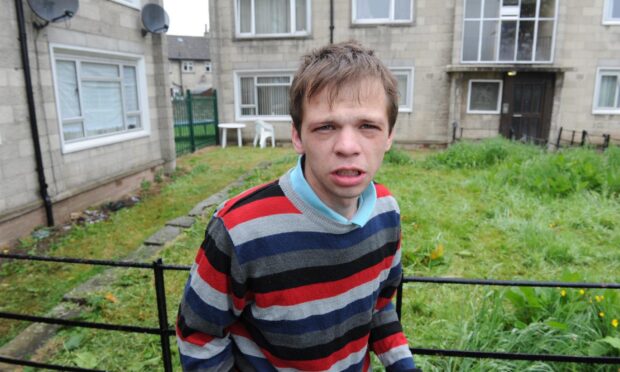
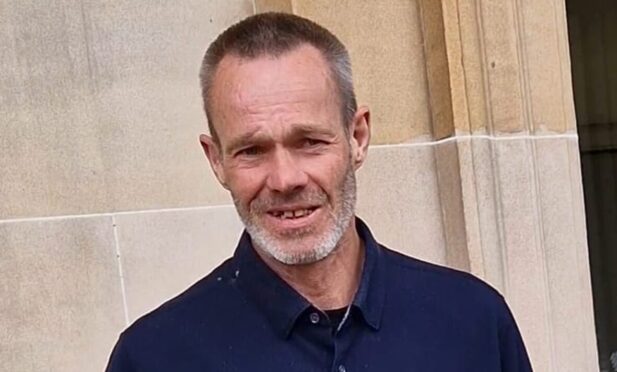
Conversation